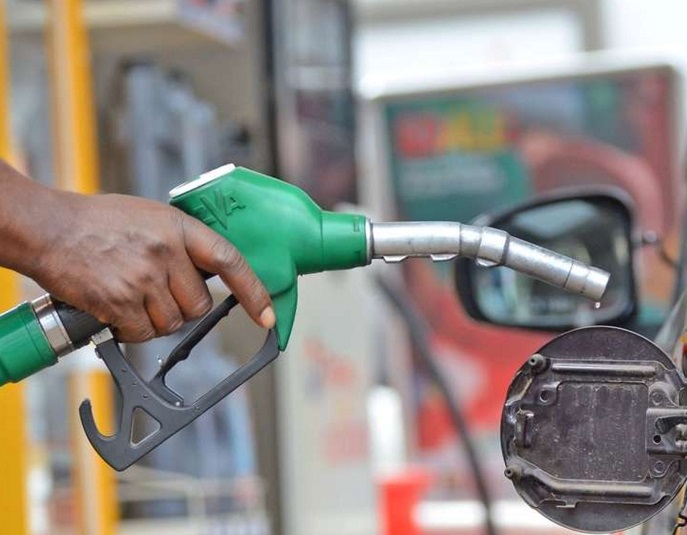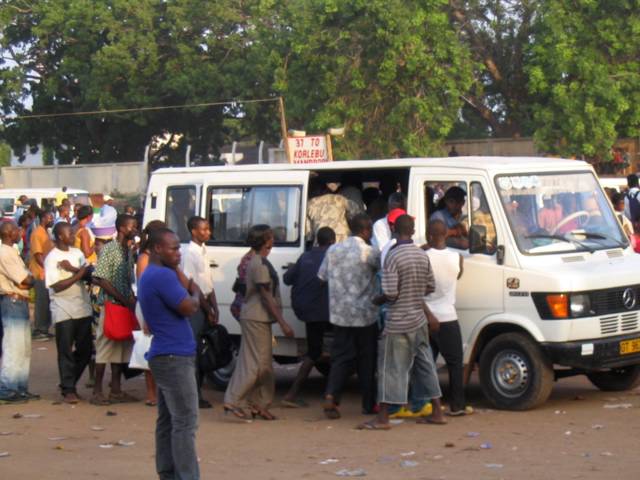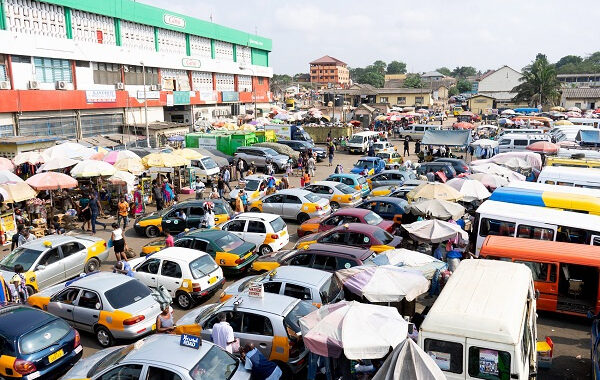Fuel prices reduced at the pumps

A petrol station worker fuels a car along Kimathi street on July 14 2019,after the Energy and Petroleum Regulatory Authority (EPRA) announced new retail pump prices of petroleum products effective from July 15 to August 14, 2019.price of super petrol increase by Sh0.29 per litre while diesel and kerosene decreased by Sh0.88 and SH2.31 per litre respectively.PHOTO|SILA KIPLAGAT
Some oil marketing companies (OMCs) have started reducing the prices of fuel at the pumps. Star Oil has reduced the price of petrol to GH₵14.37 and diesel to GH₵15.67 GOIL, another OMC, is now selling a litre of petrol for GH₵14.99 and diesel for GH₵15.42 TotalEnergies has also reduced the price of petrol to GH₵15.49 from GH₵15.79 and diesel to GH₵15.49 from GH₵15.79.
These reductions follow a period where fuel prices had increased due to economic pressures and the depreciation of the Cedi against major international currencies.
Earlier before the reduction, the Chamber of Petroleum Consumers (COPEC) accused some OMCs of intentionally exploiting consumers by their refusal to implement the mandated fuel price reductions to full extent.
COPEC reported that petrol, diesel, and liquefied petroleum gas (LPG) prices were expected to drop by 4.5%, 3.8%, and 3.9%, respectively, by March 16, 2025.
COPEC’s Executive Secretary, Duncan Amoah, criticized them for their delay in the implementation and undermining the deregulation programme. He said, “This is a worrying trend that defeats the purpose of deregulation. When fuel prices rise, OMCs are quick to adjust, but when global benchmarks favour reductions, they delay.”

Duncan Amoah urged regulators to make the OMCs comply with the price reductions.
Meanwhile the Ghana Private Road Transport Union (GPRTU) has stated that transport fares will only be reduced if fuel prices drop to around ¢12 per litre.
Speaking in an interview, Deputy Public Relations Officer of GPRTU, Samuel Amoah acknowledged that while fuel prices have slightly decreased, the reduction is not significant enough to cut down transport fares.
He said, “we have seen the fuel price coming down a little bit, but it has not gotten to the level where it will call for a reduction in transport fares.”
“We are praying that fuel prices drop to at least ¢12 per litre. If that happens, we will reassess the situation.”
Mr Amoah noted that adjustments of fares are based on a lot of factors beyond fuel prices as spare part costs remain a major concern.

 GRTCC suspends planned ‘August 8’ 20% public transport fare increase
GRTCC suspends planned ‘August 8’ 20% public transport fare increase  State funeral for helicopter crash victims set for August 15 at Black Star Square
State funeral for helicopter crash victims set for August 15 at Black Star Square  Black Queens rank 67th in FIFA ranking despite WAFCON performance
Black Queens rank 67th in FIFA ranking despite WAFCON performance